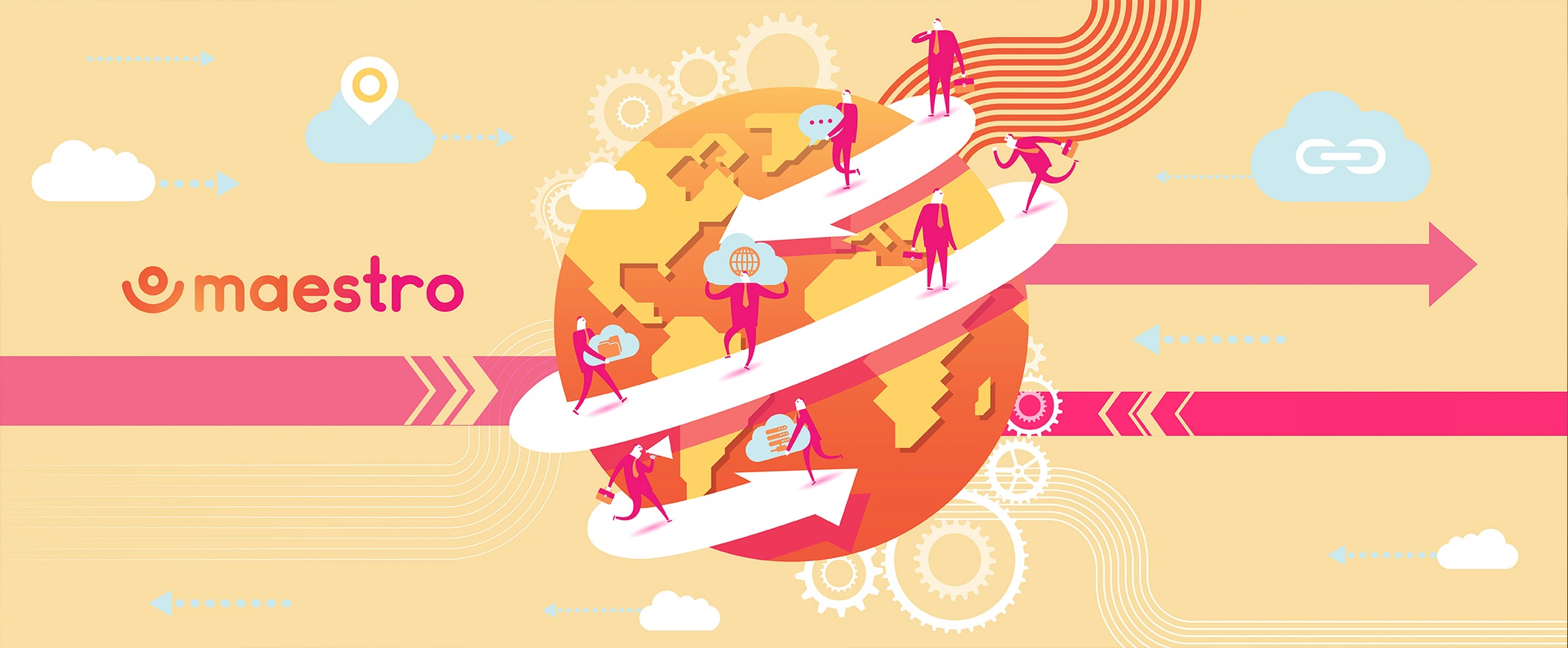In my last post, I maintained that the one thing every HR leader needs to accomplish their talent-related goals in the new year is an effective, flexible and configurable social recognition system like Maestro. After presenting its merits and detailing exactly why it is the solution for a wide range of challenges, I promised to offer a refreshed discussion on employee engagement and why it’s important to approach it across all employee roles and all worker generations.
Companies have employee engagement challenges
The business benefits of employee engagement are well documented. It’s considered the most critical driver of business success in today's competitive marketplace. High levels of engagement promote the retention of talent, foster customer loyalty and improve organizational performance and stakeholder value.
But there’s a problem brewing with employee engagement. Capturing the emotional and intellectual commitment of worldwide workers continues to be a challenge. The percentage of companies who felt they excelled at aligning an employee’s personal goals with that of the organization have dropped year-over-year. In 2017 only 24% felt they did a good job in that area.
The issue however, is fixable. Having a system in place that efficiently accommodates the complexity of today’s global workforce is the answer.
1/ Promote recognition across all employees
Organizations are structured across specific business units, territories, offices and product lines. They contain unique managerial hierarchies, functional work groups and departmental relationships. All of that built-in complexity serves the organization well when it comes to operating efficiently, but it can have an adverse effect when the issue is employee recognition. Complexity can cause confusion, uncertainty, delays, frustration and program avoidance. That’s a problem for any company looking to build a more engaged workforce.
Many managers will complain that they don’t have the time to recognize their employees. They will say, “it’s too difficult to do so” or “there’s no system in place to help them.”
Maestro, Madison’s SaaS-based social recognition solution provides the mechanism managers need to reward employees and by extension it gives HR leaders the tool they need to address the engagement, productivity and retention challenges that exist within every pocket of their organization.
Maestro’s unique configurability allows recognition and incentive sponsors the ability to target key work groups; to focus them on specific behaviors and related outcomes and to acknowledge them when they show signs of progress. That gives companies, their managers and their employees the wherewithal to participate frequently in the recognition process.
2/ Reach out to every generation
While there are currently five generations in the workplace today, Baby Boomers (born between 1946 and 1964), Generation Xers (born between 1965 and 1976) and Millennials (born between 1977 and 1997) make up the bulk of the workforce. Traditionalists (born before 1946) are becoming increasingly scarce while Generation Z (born after 1997) are just starting to enter the workplace.
No matter an employee’s age, your business needs contributions from all of them. To succeed in a multi-generational environment, organizations need to know how to reach each group. They need to know how to optimize their productivity and loyalty to the fullest extent possible.
I’ve written extensively on this lately. 3 Ways Recognizing Baby Boomers Benefits the Business (Now and in the Future) along with 4 Secrets to Keep Millennials Engaged in the Workforce were recently posted on Madison’s website. 3 Things Gen Xers Want Most from a Working Experience will follow soon.
No matter what work group or generational cohort you’re targeting, serving the emotional drivers, motivational triggers, and professional (as well as the) personal needs and wants of each is easier through a configurable social recognition system like Maestro.



